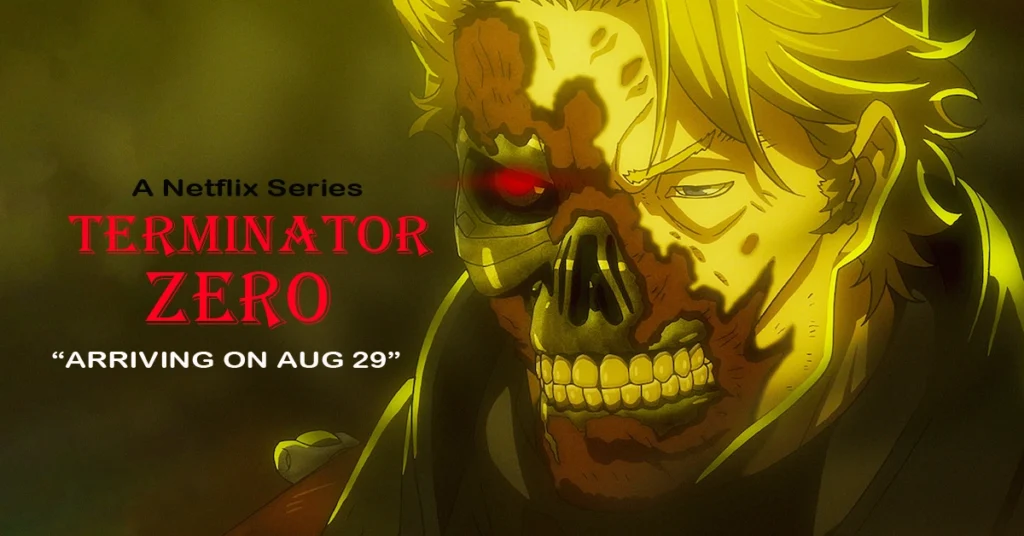
Introduction:– Why Umbrella Academy Season 4 Is Only 6 Episodes
In the highly anticipated Season 4 of The Umbrella Academy, Picking up after the dramatic events of Season 3, our favorite misfit heroes face their most bizarre challenge yet.
This season dives deep into the complexities of time travel and parallel universes, as the Hargreaves siblings grapple with the fallout of their past decisions. Each character’s unique powers and personal struggles intertwine unpredictably, leading to a rollercoaster of unexpected twists and dark humor.
The season introduces new characters that shake things up, adding fresh dynamics to the team and further complicating their already chaotic lives. Expect clever plot twists, emotionally charged moments, and plenty of the offbeat charm that has become the show’s hallmark.
Whether you’re a longtime fan or new to the series, Season 4 promises to deliver the same blend of action, heart, and humor that has made The Umbrella Academy a standout hit. Buckle up for a season full of intriguing mysteries and eccentric characters that will keep you hooked until the end.
Why Is Umbrella Academy Season 4 Only 6 Episodes?

Fans of The Umbrella Academy are buzzing with curiosity as Season 4 rolls out with just six episodes—a notable reduction from previous seasons. So, why this change, and what does it mean for the show? Let’s delve into the reasons behind this shorter season and what it might signify for the series.
1. Narrative Precision and Quality
One key reason for the reduced episode count is the show’s commitment to narrative precision. Season 4 aims to deliver a tightly woven storyline without any filler. By trimming the number of episodes, the creators can focus on crafting a more coherent and impactful story arc. This approach ensures that each episode is packed with essential plot developments, character growth, and the signature twists fans love.
2. Creative and Budgetary Constraints
Television production involves a complex blend of creative and financial considerations. Shorter seasons can help streamline production costs and manage the creative workload more efficiently. For a show like The Umbrella Academy, known for its intricate special effects and elaborate set designs, reducing the number of episodes allows the team to allocate resources more effectively, ensuring high production values throughout.
3. Flexibility in Storytelling
A condensed season format can also offer greater flexibility in storytelling. With fewer episodes, the showrunners can focus on delivering a more intense and focused narrative. This allows for a tighter, more engaging plot that doesn’t overstay its welcome. It also provides the opportunity to experiment with new storytelling techniques or deeper character exploration without the constraints of a longer season.
4. Scheduling and Production Timelines
Production schedules can be tricky, especially for shows with complex filming requirements. A shorter season can help streamline the production process and fit better within tight scheduling constraints. This flexibility can be crucial for maintaining high-quality content and meeting audience expectations on time.
5. Strategic Planning for Future Seasons
Reducing the episode count might also be part of a strategic move to set up future seasons. By wrapping up certain plotlines efficiently in a shorter season, the creators can lay the groundwork for new story arcs or spin-offs. This approach helps in maintaining audience interest and creating anticipation for future developments in the Umbrella Academy universe.
6. Fan Engagement and Expectations
Ultimately, this shorter season may serve to intensify fan engagement. With a more focused storyline and fewer episodes, viewers are likely to be more invested in each episode, eagerly anticipating how the narrative unfolds. This format can create a sense of urgency and excitement, keeping the fanbase actively engaged and invested in the series.
In Summary
While a six-episode season might seem brief compared to previous seasons, it’s a deliberate choice designed to enhance narrative impact, manage production efficiently, and maintain high quality. It reflects the show’s evolution and its creators’ commitment to delivering a compelling and memorable experience. So, while it may be shorter, The Umbrella Academy Season 4 is set to pack a punch, promising an unforgettable ride for its devoted fans.
To read more About Umbrella Academy season 4 click here!
Was Six Episodes Enough for The Umbrella Academy’s Farewell?

The Umbrella Academy’s final season was a whirlwind of time jumps, alternate realities, and heartfelt goodbyes. But with just six episodes, fans were left wondering if the story got the send-off it deserved.
On one hand, the condensed format forced a breakneck pace, keeping viewers on the edge of their seats. Each episode was packed with twists and turns, leaving little room for filler. This rapid-fire storytelling worked in the show’s favor, delivering a satisfyingly explosive conclusion.
However, some argue that six episodes simply wasn’t enough time to tie up every loose end. With so many characters and complex storylines, certain plot points felt rushed or underdeveloped. The abrupt nature of the finale left many questions unanswered, leaving a bittersweet taste in fans’ mouths.
Ultimately, whether six episodes were sufficient for The Umbrella Academy’s farewell is a matter of personal preference. While the season delivered a thrilling and emotional ride, it’s undeniable that more time could have allowed for a deeper exploration of the characters and their complex relationships.
Did you feel the season’s length was enough? Let us know in the comments!
You may also like this:-






